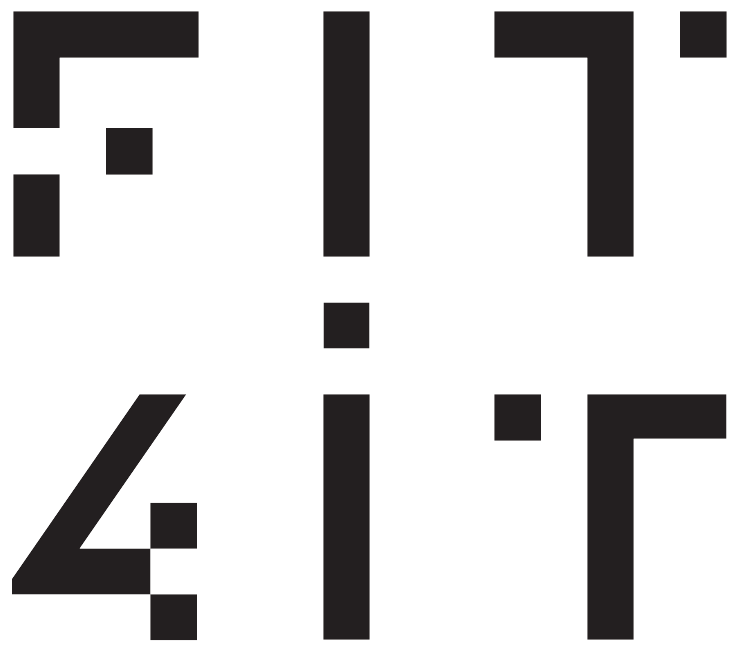Maintaining a healthy diet goes beyond just eating the right amount of food—it’s about understanding what your body truly needs. Every meal you consume provides essential nutrients that contribute to your overall health, energy levels, and well-being. Two key categories of nutrients—macronutrients and micronutrients—play different but equally crucial roles in keeping your body functioning properly.
In this guide, we’ll explore what macronutrients and micronutrients are, how they impact your health, and practical ways to ensure you’re getting the right balance in your diet.
What Are Macronutrients?
Macronutrients are the nutrients your body requires in large amounts to provide energy and support various bodily functions. These include carbohydrates, proteins, and fats—each serving a unique role in maintaining optimal health.
1. Carbohydrates: The Body’s Main Energy Source
Function:
Carbohydrates are your body’s primary source of fuel. When consumed, they break down into glucose, which powers your muscles, brain, and vital organs. Without sufficient carbohydrates, you may experience fatigue, brain fog, and low energy levels.
Types of Carbohydrates:
- Simple carbohydrates (found in sugar, honey, and refined grains) provide quick energy but can lead to energy crashes.
- Complex carbohydrates (found in whole grains, legumes, and vegetables) provide sustained energy and are packed with fiber, which supports digestion and overall gut health.
Daily Intake Recommendation:
Carbohydrates should make up 45-65% of your daily caloric intake, depending on your activity level and overall dietary needs. Active individuals may need more to sustain their energy levels.
2. Proteins: The Building Blocks of the Body
Function:
Protein is essential for tissue growth, repair, and maintenance. It plays a crucial role in muscle development, immune system support, enzyme production, and hormone regulation.
Sources of Protein:
- Animal-based sources: Meat, poultry, fish, eggs, and dairy.
- Plant-based sources: Beans, lentils, tofu, quinoa, nuts, and seeds.
Daily Intake Recommendation:
Protein should comprise 10-35% of your daily caloric intake. Your exact needs depend on factors like age, gender, activity level, and fitness goals. If you engage in strength training or endurance activities, a higher protein intake may be beneficial.
3. Fats: Essential for Brain Health and Nutrient Absorption
Function:
Fats are more than just an energy source—they help your body absorb fat-soluble vitamins (A, D, E, and K), protect organs, regulate body temperature, and support cell function.
Types of Fats:
- Healthy fats (unsaturated fats): These are found in avocados, nuts, seeds, olive oil, and fatty fish. These support heart health and brain function.
- Saturated fats: Found in butter, cheese, and red meat. While not inherently harmful, they should be consumed in moderation.
- Trans fats: These are found in processed and fried foods. These should be avoided as they contribute to heart disease and inflammation.
Daily Intake Recommendation:
Healthy fats should make up 20-35% of your daily caloric intake to ensure balanced nutrition.
What Are Micronutrients?
Unlike macronutrients, micronutrients are needed in smaller amounts but are just as vital for overall health. They include vitamins and minerals, which support everything from immune function to bone strength.
1. Vitamins: Supporting Overall Health
Function:
Vitamins are essential for various bodily functions, including energy production, immune defense, and skin and bone health. They are divided into:
- Water-soluble vitamins (Vitamin C and B-complex vitamins) must be replenished daily since they are not stored in the body.
- Fat-soluble vitamins (Vitamins A, D, E, and K) are stored in fat and used when needed.
Sources of Vitamins:
- Vitamin C: Citrus fruits, bell peppers, and strawberries.
- Vitamin A: Carrots, sweet potatoes, and leafy greens.
- Vitamin D: Sunlight, fatty fish, and fortified dairy products.
- Vitamin K: Leafy greens like spinach and kale.
Daily Intake Recommendation:
Vitamin needs vary based on age, gender, and health conditions. A well-balanced diet typically provides sufficient amounts, but some individuals may require supplements.
2. Minerals: Essential for Bodily Functions
Function:
Minerals help regulate nerve function, muscle contractions, hydration, and bone strength. Some of the most important minerals include:
- Calcium: Essential for strong bones and teeth. Found in dairy products, almonds, and leafy greens.
- Iron: Helps transport oxygen in the blood. Found in red meat, beans, and spinach.
- Magnesium: Supports muscle and nerve function. Found in nuts, seeds, and whole grains.
- Potassium: Helps regulate blood pressure. Found in bananas, potatoes, and oranges.
- Zinc: Important for immune health and wound healing. Found in shellfish, meat, and legumes.
Daily Intake Recommendation:
Like vitamins, mineral requirements vary. Eating a diverse range of foods ensures you meet your needs.
How to Balance Macronutrients and Micronutrients in Your Diet
Achieving a well-balanced diet means ensuring you’re getting enough of both macronutrients and micronutrients. Here’s how:
1. Incorporate a Variety of Foods
Eating a mix of whole foods—fruits, vegetables, whole grains, lean proteins, and healthy fats—helps cover a broad range of nutrients.
2. Monitor Portion Sizes
Too much or too little of any nutrient can impact your health. Pay attention to portion sizes to maintain balance.
3. Focus on Nutrient-Dense Foods
Choose foods that provide multiple benefits. For example, salmon offers protein and omega-3 fatty acids, while quinoa provides protein and fiber.
4. Plan Balanced Meals
A well-rounded plate might include:
- Protein: Grilled chicken or tofu
- Carbohydrates: Brown rice or quinoa
- Fats: Avocado or olive oil
- Vitamins and minerals: A side of colorful vegetables
5. Read Nutrition Labels
Understanding food labels helps you make informed choices about the macronutrient and micronutrient content of packaged foods.
6. Consider Supplements When Necessary
If you have dietary restrictions or nutrient deficiencies, supplements can help fill the gaps. However, consult a healthcare professional before starting any new supplements.
Understanding macronutrients and micronutrients is the key to maintaining a balanced diet that fuels your body effectively. By eating a diverse range of nutrient-rich foods, watching portion sizes, and making informed choices, you can ensure optimal health and well-being.
Remember, balance and variety are the foundations of good nutrition. Every meal is an opportunity to nourish your body, so make choices that support your energy, health, and longevity.
Was this helpful?
Good job! Please give your positive feedback
How could we improve this post? Please Help us.







No Comments